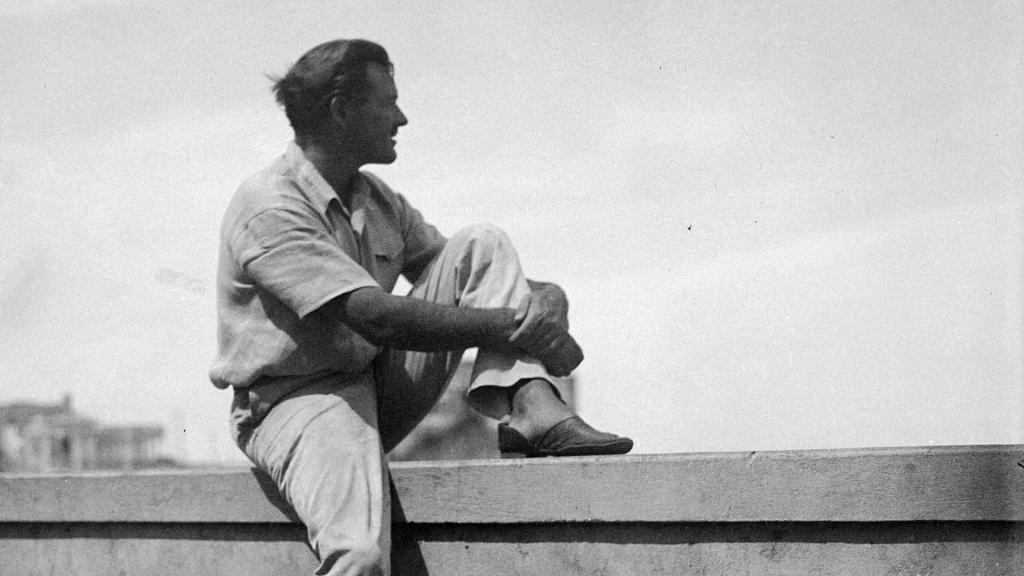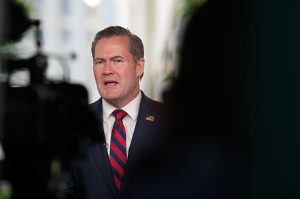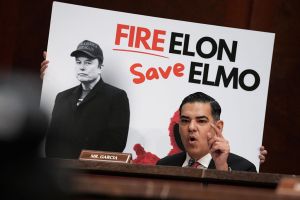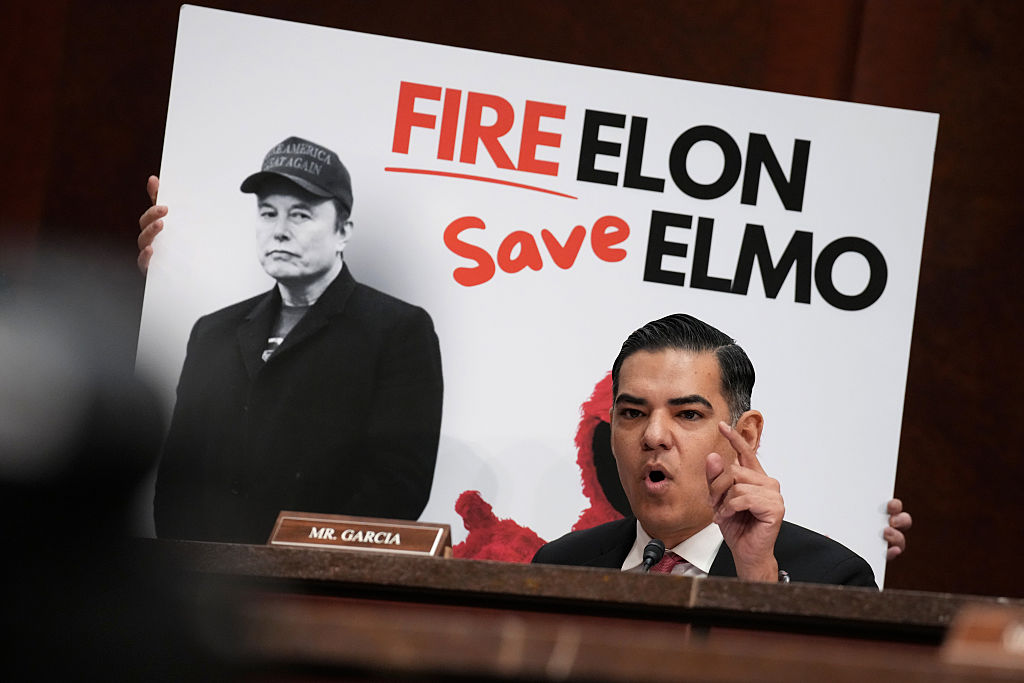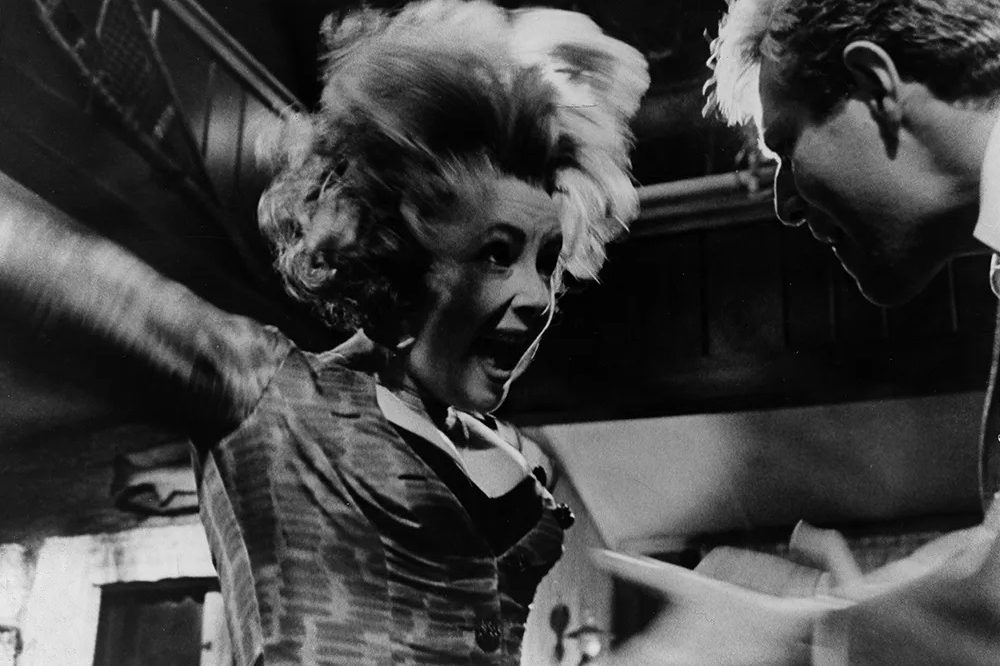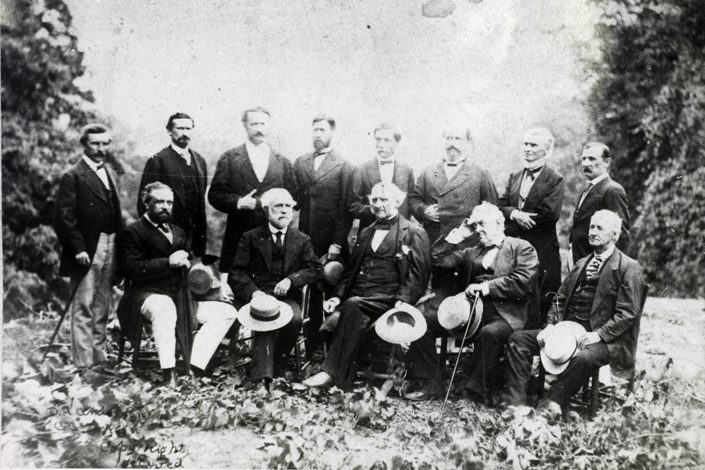If I had been told that Ken Burns’s next PBS extravaganza would be a documentary film about a 20th-century American novelist and, even more improbably, had been asked to guess his (or more likely her) identity, my last choice might well have been Ernest Hemingway. This is partly because there seem to be so many more eligible Burns subjects (Richard Wright, Willa Cather, F. Scott Fitzgerald, Toni Morrison) but largely because Hemingway, man and novelist, seems especially uncongenial to the Burns sensibility: his fiction doesn’t tell us very much about America; he remains in bad odor in women’s studies departments; his Great White Hunter persona must surely spell a painful three episodes for ‘viewers like you’.
First, the bad news. Hemingway features many of the tics and hallmarks that have largely caused me to avoid Ken Burns over the decades. Even at an uncharacteristically restrained six hours, it proceeds at a maddeningly glacial pace: trivial episodes are padded and stretched beyond the bounds of the time-TV continuum. The portentous narrative voice of Peter Coyote — every line is delivered with the gravity of a declaration of war — made me long for David McCullough, or even Sir David Attenborough.
The politics of Hemingway are admirably even-handed, especially about the Spanish Civil War. But some of the talking heads (the 90-year-old Irish novelist Edna O’Brien, Hemingway’s 92-year-old son Patrick) are conspicuously better than others (the late Sen. John McCain is featured for reasons probably having little to do with Hemingway). And except for the Spanish interludes, where guitars gently weep in the background, the incidental music is largely furnished by, of all people, Duke Ellington — which was pleasant to hear but whose only connection to the subject, I conclude, is that he and Papa were born in the same year (1899).
The good news, however, is that Hemingway is also a pleasant surprise. Hemingway is an easy writer to read but hard to comprehend: his famously terse prose withholds as much as it includes, and his mixture of fantasy and autobiography makes interpretation especially awkward, luring more than a few interpreters down wayward paths. The film is respectful of Hemingway’s status as an original and influential stylist; but the power and gathering effect of his language is not so easily conveyed and brief readings from passages don’t quite fill the vacuum. We’re routinely reminded of Hemingway’s mastery without quite learning what that means. There are exceptions, of course: Edna O’Brien is wise and empathetic and the American novelist Tobias Wolff makes useful observations. So do a handful of scholars and enthusiasts (Susan Beegul, Mario Vargas Llosa, Amanda Vaill).
Still, the quality of Hemingway remains elusive — sending us, as such films are presumably intended, back to the original.
The same applies to Hemingway’s inscrutable character. Like most geniuses of literature, music and the fine arts, Hemingway was a reliably unconventional human being — and immensely more peculiar, complicated, maddening and abhorrent than most. His androgynous upbringing and gothic sexuality are described here as well as documentaries may do, owing more than a little to Kenneth S. Lynn’s pioneering 1987 biography. An awful lot of time is spent on earnest inquiries and helpless bafflement in the face of his contradictory nature, self-absorption, cruelty and self-destructive demons when the simplest explanation — the cumulative effects of his mental instability, recurrent concussions and alcoholism — is beyond understanding.
The problem, in the end, is the medium not the message: just as bad novels make good movies, the lives and, especially, the works of great writers are abstractions and sensations untranslatable to film. Marital gossip, startling anecdotes and entertaining drama make great cinema, but are beside the point.



